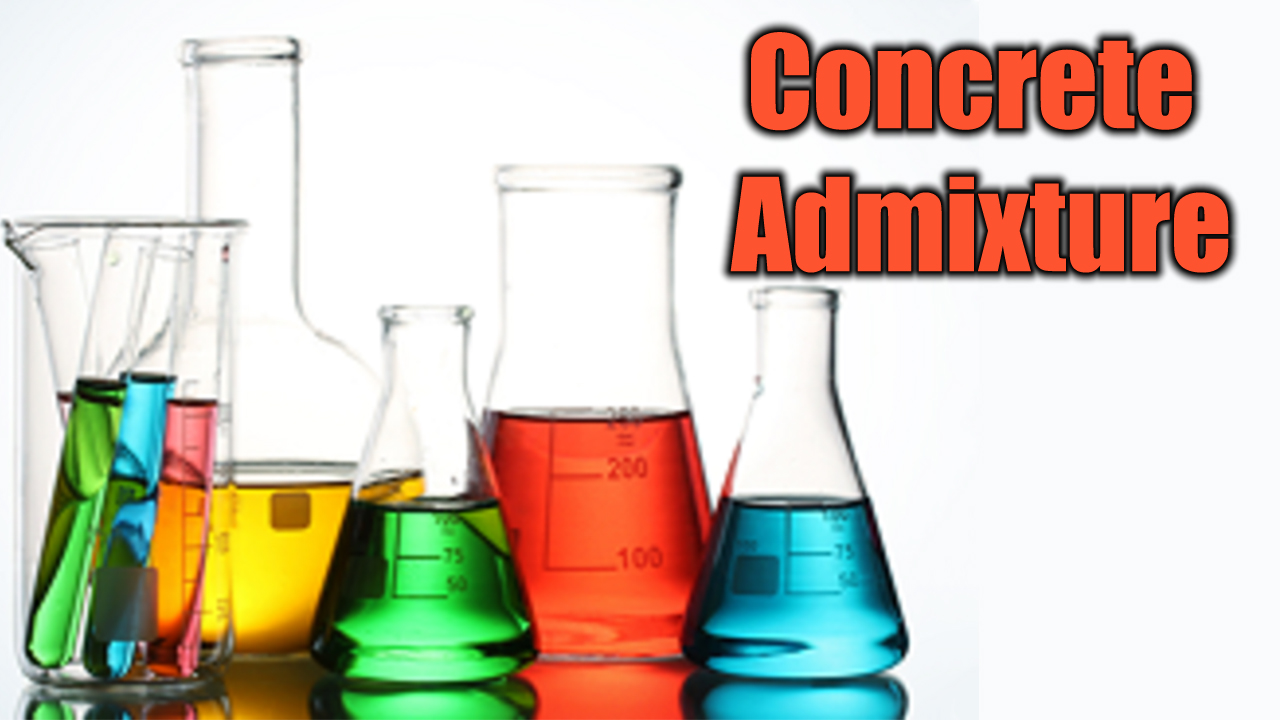Concrete is an essential building material in our lives, and it is used in various construction projects worldwide. One of the critical components of concrete is water, which allows the concrete to flow and be shaped. However, using too much water in the concrete mixture can lead to several problems such as shrinkage, cracking, and lower strength. This is where concrete water reducing agents come in handy. In this blog post, we will discuss concrete water reducing agents, their benefits, and their applications.

What is Concrete Water Reducing Agent?
A concrete water reducing agent, as the name suggests, is an admixture added to the concrete mixture with the purpose of reducing the amount of water used in the mix while still maintaining the workability of the concrete. This means that a water reducer makes the concrete mixture more flowable without adding more water, which makes it easier to place and shape while maintaining its desired properties.
A water reducing agent works by attaching itself to the cement particles, causing them to disperse more widely in the mixture. This allows the mixture to have a better consistency, with less water and fewer voids, which ultimately leads to a more durable and stronger concrete.
Benefits of Concrete Water Reducing Agent
Using a concrete water reducing agent brings several benefits to the construction project, such as:
1. Consistent Quality - By using a water reducer, the cement mixture's consistency can be precisely controlled, leading to a more consistent and uniform product.
2. Strong Concrete - A water reducer reduces the need for water, which results in stronger, dense, and more durable concrete. This means that the concrete can resist external factors such as weather, chemicals, and aging, with less maintenance requirements.
3. Reduce Cracks - Reducing the amount of water in the mixture can prevent shrinkage cracks caused by the drying process's evaporation. This means that the concrete can maintain its shape, reduce the need for repairs, and look better over time.
4. Improved Workability - A water reducer makes the concrete mixture more flowable, which improves the ease of placement and consolidation, leading to better finishes.
Applications of Concrete Water Reducing Agent
Concrete water reducing agents are used in various applications, such as:
1. Pre-cast Concrete - Precast concrete is a prefabricated concrete product that is cast and cured at a manufacturing plant before being transported to the construction site. A water reducing agent allows the concrete to be more flowable, which makes it easier to cast and shape into the form before it hardens.
2. High-Performance Concrete - High-performance concrete is used in structural applications where strength and durability are critical, such as bridges, tunnels, and high-rise buildings. A water reducer is used to ensure that the concrete mixture has an optimal workability while still maintaining its strength.
3. Mass Concrete - Mass concrete is used for large structures, such as dams, that require a lot of concrete. A water reducer allows the cement mixture to be more flowable, reducing the chances of cracking and shrinkage while still maintaining its strength.
Conclusion
Concrete water reducing agents bring several benefits to the construction project, such as better workability, higher strength, and consistent quality. They are used in various applications such as precast concrete, high-performance concrete, and mass concrete. At Beijing Dongke United Technologies Co., Ltd., we provide high-quality concrete admixtures, including water reducers, to improve the quality and durability of the concrete in construction projects.